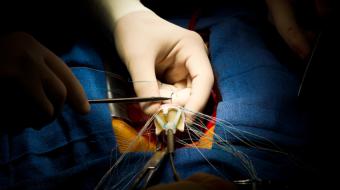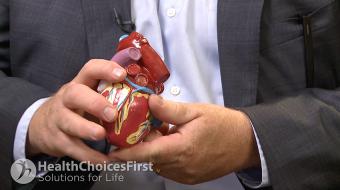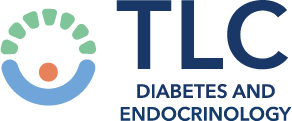Endocrine Conditions
Conditions
Allied Support
Heart Surgery
Knowledge is Power.
True/False - Quiz: Do You Understand Heart Surgery?
Information - Heart Surgery
 Cardiothoracic surgery (also called thoracic surgery) refers to surgery on organs inside the chest (thorax) including the heart, lungs and esophagus. A cardiothoracic surgeon is a medical doctor who specializes in cardiothoracic surgery. He or she may also be called a cardiovascular surgeon, cardiac surgeon, congenital heart surgeon or general thoracic surgeon.
Cardiothoracic surgery (also called thoracic surgery) refers to surgery on organs inside the chest (thorax) including the heart, lungs and esophagus. A cardiothoracic surgeon is a medical doctor who specializes in cardiothoracic surgery. He or she may also be called a cardiovascular surgeon, cardiac surgeon, congenital heart surgeon or general thoracic surgeon.
Types of Heart Surgery
Heart surgeons work closely with a number of other healthcare professionals in the hospital setting such as cardiologists, anesthesiologists and oncologists. If your physician or cardiologist believes your diagnosis warrants a visit with a cardiothoracic surgeon, he or she will refer you to one. There are a number of different heart surgeries, including:
Coronary artery bypass grafting: This is the most common type of heart surgery for adults. This procedure involves taking a healthy blood vessel from your arm, leg or chest and connecting it beyond the blocked arteries in your heart. This redirects blood around a section of a blocked or partially blocked artery in your heart. The goal is to improve blood flow to your heart muscle.
Arrhythmia surgery: This surgical procedure corrects irregular heart rhythms such as atrial fibrillation or ventricular tachycardia.
 Angioplasty: This minimally invasive procedure widens narrowed or obstructed arteries or veins. The surgeon attaches a deflated balloon to a catheter, passes it over a guide-wire into the vessel, and inflates it to a fixed size. In some cases, a stent is inserted to keep the vessel open, then deflates the balloon and removes it.
Angioplasty: This minimally invasive procedure widens narrowed or obstructed arteries or veins. The surgeon attaches a deflated balloon to a catheter, passes it over a guide-wire into the vessel, and inflates it to a fixed size. In some cases, a stent is inserted to keep the vessel open, then deflates the balloon and removes it.
Congenital heart surgery: If you have a genetic heart defect, this corrective surgery can fix it.
Heart valve repair or replacement: This is usually an open heart operation where the surgeon opens the chest and heart to remove your damaged valve, sewing a prosthetic one into place. In some cases the valve can be replaced through a small incision near the breastbone.
Left ventricular remodeling: Surgeons may attempt to provide the heart with a more normal shape after a heart attack so it can pump blood more efficiently.
Heart Surgery Risks
Although the results are usually excellent, like any type of surgery heart surgery has risks. Risks include bleeding, stroke, infection and irregular heartbeats and are higher for older adults and women. Your risk is also higher if you have other conditions such as diabetes, lung disease, kidney disease and peripheral arterial disease.
Talk to your cardiologist if you'd like more information on heart disease.
Visit HealthChoicesFirst.com for more videos and resources on heart health.
Print this Action Plan and check off items that you want to discuss with your healthcare provider
-
The most common type of heart surgery for adults is coronary artery bypass grafting (CABG).
-
Arrhythmia surgery corrects irregular heart rhythms such as atrial fibrillation or ventricular tachycardia.
-
Angioplasty is a minimally invasive procedure that widens narrowed or obstructed arteries or veins.
-
Congenital heart surgery can correct a genetic heart defect.
-
Although the results are usually excellent, like any type of surgery heart surgery has risks.


